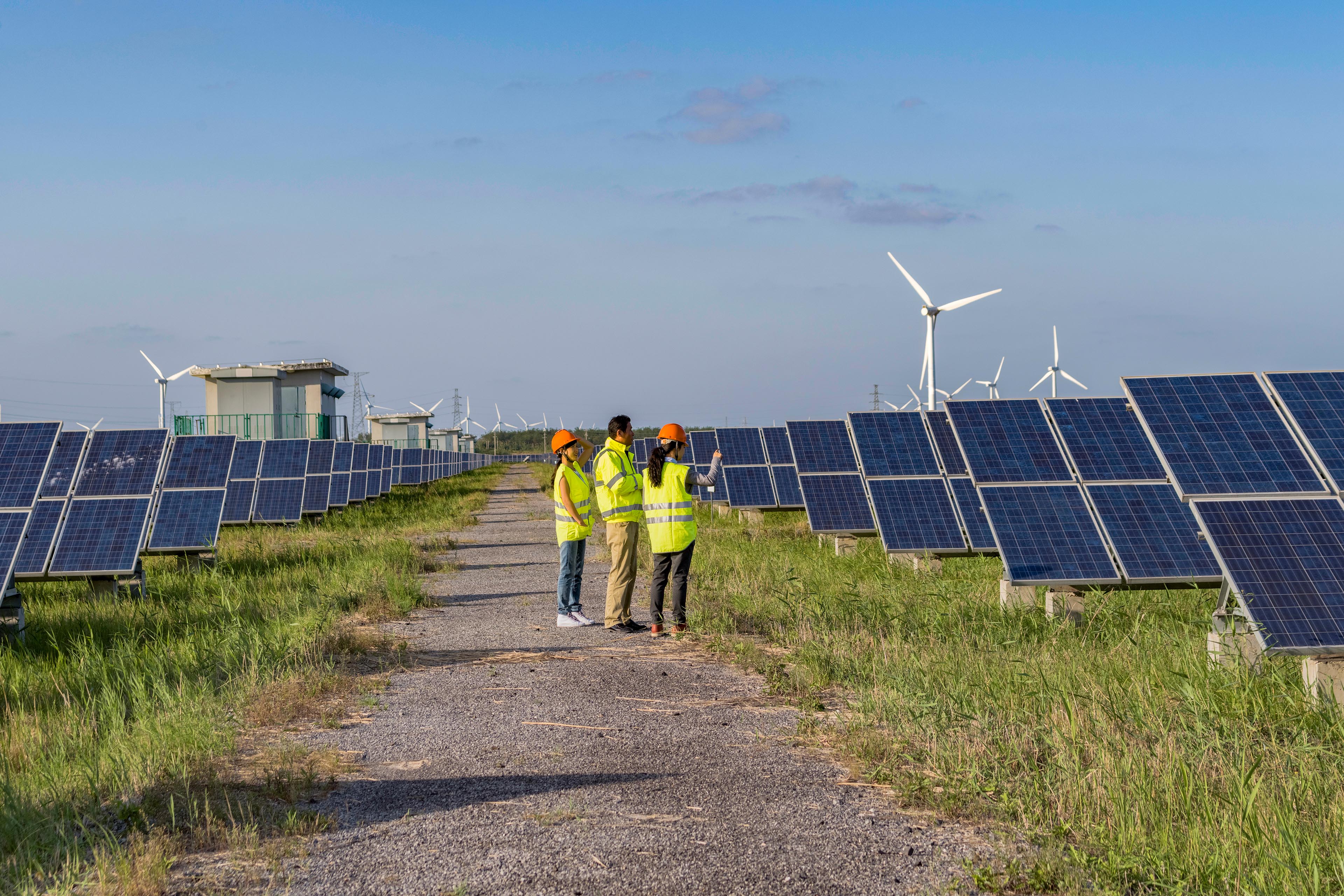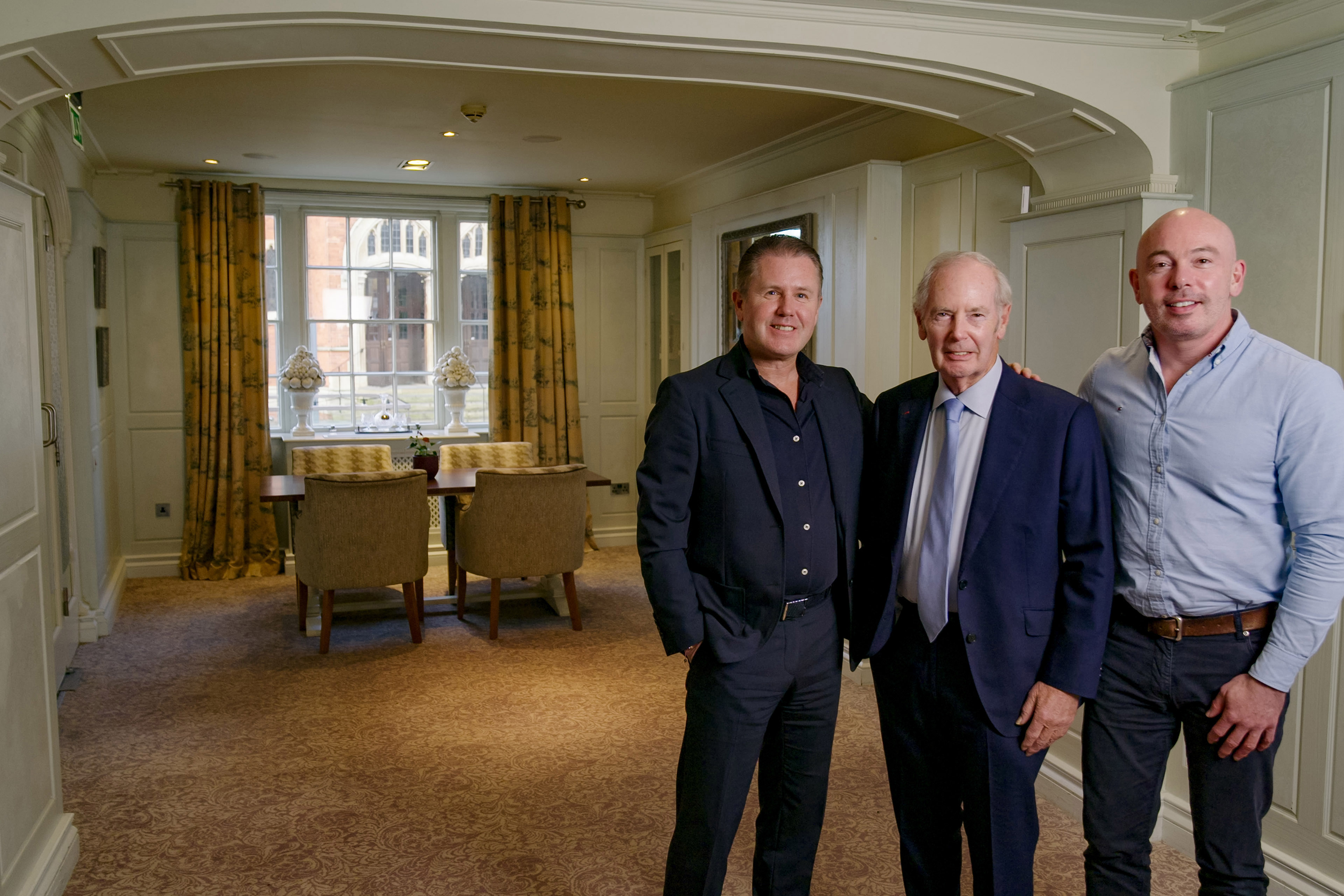EY refers to the global organization, and may refer to one or more, of the member firms of Ernst & Young Global Limited, each of which is a separate legal entity. Ernst & Young Global Limited, a UK company limited by guarantee, does not provide services to clients.
How EY can help
-
The EY Family Enterprise DNA Model pinpoints the key areas of focus for family enterprise leaders to achieve their personal and business ambitions.
Read more -
Our family office professionals can help you evaluate best practices of leading family offices to support the family’s vision and legacy. Find out more.
Read more
Who are the leaders of these family enterprises?
Successful family enterprises are recognized for being agile, innovative and purposeful. They are also ready to adapt to social and economic change. Nevertheless, like other types of businesses, they are only making limited progress with diversity and inclusion.
In the 2023 Index, just 29 enterprises (5.8% of the total) have a female CEO, a small increase from 2021, when 27 enterprises were led by a woman. Still, when it comes to female executives, they are doing marginally better than the Fortune Global 5005 companies – of which 4.8% were led by women as of August 2022.
Women hold 23% of board seats within the largest 500 family businesses globally (25% in Europe and North America) – a low figure given that that research6 by Moody’s Investors Service found that 29% of corporate board seats at North American and European companies were held by women in 2022.
As the Index shows, family members continue to play an active role in leading and managing family enterprises. For nearly half (45%) of the companies on the Index, a family member acts as CEO. Nearly one quarter of all board seats (23%) are held by family members.
Furthermore, 19% of companies have a member of the family’s next generation (someone aged 40 or under) on their board. Younger board members are likely to bring expertise and knowledge in technology and emerging consumer trends. The average age of a family board member in the 2023 Index is 62 years old, up from 60 in 2021.
What does the enduring legacy of family enterprises look like?
Japan’s Takenaka Corporation is the oldest family enterprise on the Index, having been in business for 412 years. Yet a number of other companies on the Index also date back a century or more. Overall, 31% of enterprises are over a century old. Europe is home to the majority (57%) of these, with 25% based in Germany.






